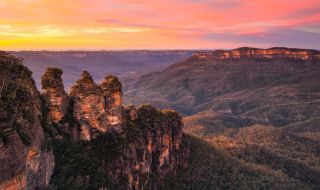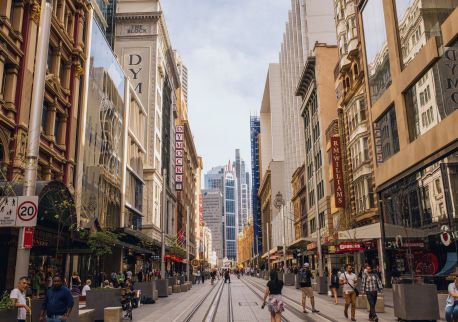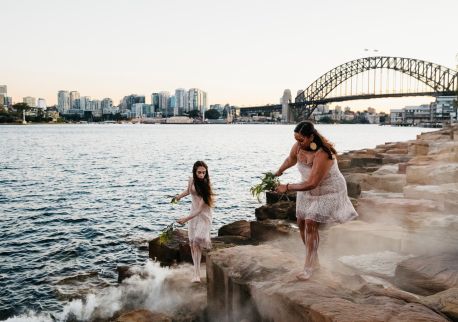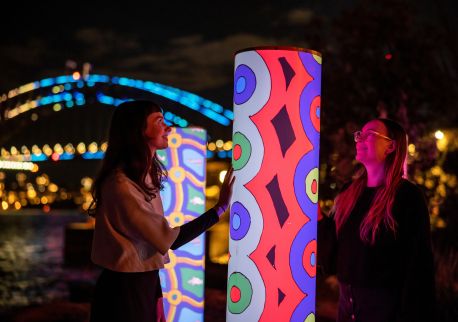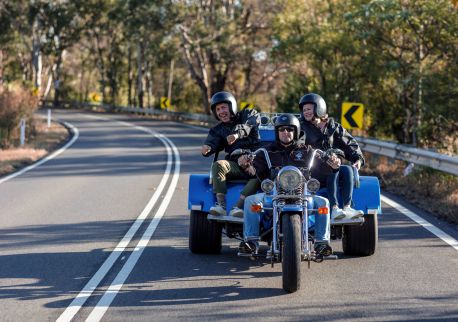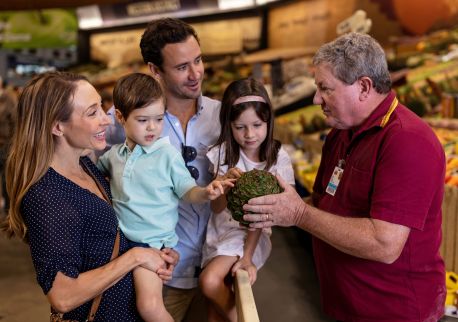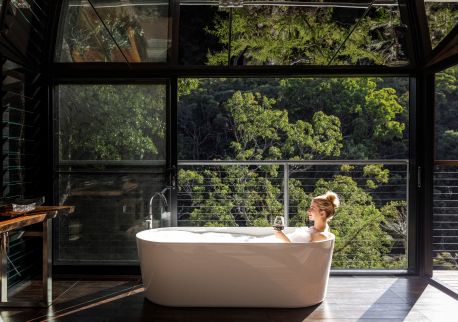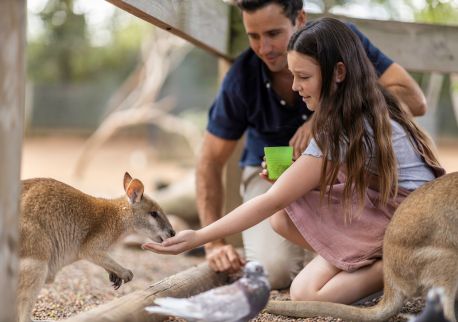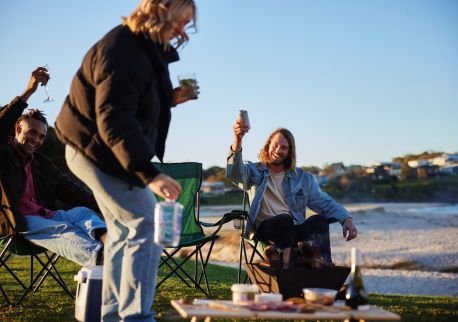Rookwood General Cemetery
Highlights
**Rich cultural heritage** – historic graves, war memorials, and Chinese gardens.
**Unique art exhibitions** – blending history with contemporary creativity.
Overview
Rookwood General Cemetery is one of the oldest working cemeteries in Australia, having operated continuously since 1867. It is located in Sydney and covers an area of over 190 hectares, making Rookwood the largest cemetery in the Southern Hemisphere.
Rookwood Cemetery is also an important cultural landmark in Sydney, featuring a range of historical and cultural landmarks. These include the War Graves section, which contains the graves of Australian service personnel who fought in various conflicts around the world, and the Chinese Memorial Gardens, which are dedicated to the Chinese immigrants who came to Australia during the gold rush era.
The cemetery has also been the site of many notable burials, including those of politicians, artists, and sportspeople. Some of the notables buried at Rookwood include Louisa Lawson, Anthony Horden, William Arnott, and Roy Rene.
Today, Rookwood Cemetery continues to serve as a final resting place for people from all walks of life. Additionally, it also provides a unique opportunity for artists to engage with its contemporary relevance, hosting exhibitions in one of its oldest sections that invite the public to explore the diverse cultural heritage of Australia's largest and most historic cemetery.
